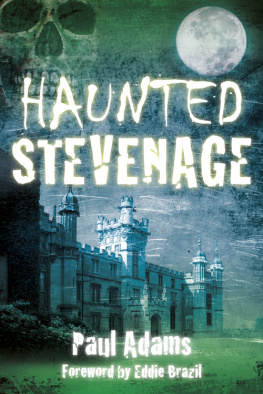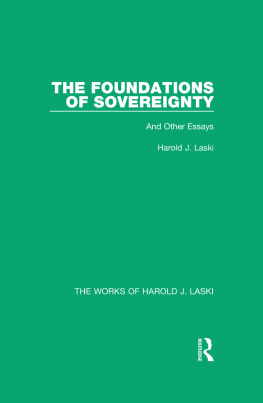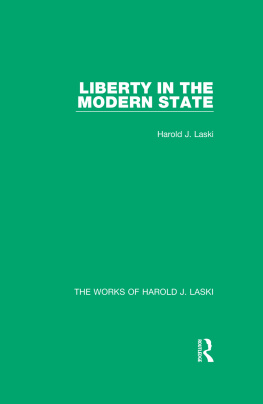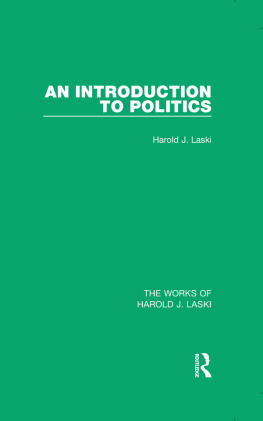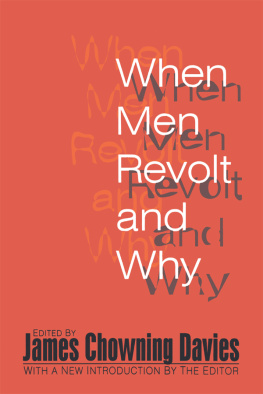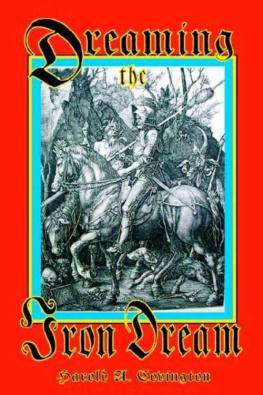The International Library of Sociology
STEVENAGE
The International Library of Sociology
RACE, CLASS AND SOCIAL STRUCTURE
In 21 Volumes
I | The Changing Social Structure in England and Wales | Marsh |
II | Class in American Society | Reissman |
III | Class Structure in the Social Consciousness | Ossowski |
IV | Co-operative Communities at Work | Infield |
V | Co-operative Living in Palestine | Infield |
VI | Colour and Culture in South Africa | Patterson |
VII | The Deprived and the Privileged | Spinley |
VIII | The First Years of Yangyi Commune | Crook |
IX | The Functions of Social Conflict | Coser |
X | The Home and Social Status | Chapman |
XI | The Marginal Situation | Dickie-Clark |
XII | Negroes in Britain | Little |
XIII | Neighbours | Bracey |
XIV | The People of Ship Street | Kerr |
XV | Social Class, Language and Education | Lawton |
XVI | Social Mobility in Britain | Glass |
XVII | The Sociology of Colonies - Part One | Maunier |
XVIII | The Sociology of Colonies - Part Two | Maunier |
XIX | Stevenage | Orlans |
XX | Studies in Class Structure | Cole |
XXI | Working Class Community | Jackson |
STEVENAGE
A Sociological Study of a New Town
by
HAROLD ORLANS
First published in 1952 by
Routledge
Reprinted 1998, 2000, 2001 by
Routledge
2 Park Square, Milton Park, Abingdon, Oxon, OX14 4RN
Transferred to Digital Printing 2007
Routledge is an imprint of the Taylor & Francis Group
1952 Harold Orlans
All rights reserved. No part of this book may be reprinted or reproduced or utilized in any form or by any electronic, mechanical, or other means, now known or hereafter invented, including photocopying and recording, or in any information storage or retrieval system, without permission in writing from the publishers.
The publishers have made every effort to contact authors/copyright holders of the works reprinted in The International Library of Sociology. This has not been possible in every case, however, and we would welcome correspondence from those individualslcompanies we have been unable to trace.
British Library Cataloguing in Publication Data
A CIP catalogue record for this book is available from the British Library
Stevenage
ISBN 0-415-17637-9
Class, Race and Social Structure: 21 Volumes
ISBN 0-415-17826-6
The International Library of Sociology: 274 Volumes
ISBN 0-415-17838-X
Publishers Note
The publisher has gone to great lengths to ensure the quality of this reprint but points out that some imperfections in the original may be apparent
Whatever they preach to us, whatever we may learn, we should still remember that it is a man that gives and a man that takes. It is a mortal hand that offers it, it is a mortal hand that accepts it.MONTAIGNE
Who plans the planner?KARL MANNHEIM
Foreword
I N November 1946, the British Government founded the New Town of Stevenage, thirty miles north of London, as part of a long-term programme to move over a million people from the metropolis. This book tells the story of this New Town: the history of the decentralization policy, of the existing town of old Stevenage, and of the first four years of the new development; the sociology of the New Town plan and of the strong local opposition which aroused nation-wide interest and led to a court case that almost stopped the project; the nature of the Development Corporation established to plan and build the New Town and the difficulties experienced in its relations with other Government departments and the Stevenage District Council. The book is, therefore, an historical and sociological study of a pioneering Government venture and of its impact upon a small town. It represents the results of interviewing, observation, and documentary research conducted over an eighteen-month period from October 1948. (For details of the research procedure, see .)
Montaigne asks if it can be fitting for men who combine an exact and tender conscience with prudence, to write history. How can they pledge their word on a popular belief? How can they be responsible for the opinions of men they do not know, and give out their conjectures as current coin? Of actions performed by several persons in their presence they would refuse to give evidence upon oath before a judge, nor would they undertake full responsibility for the intentions of any man, however intimately known to them. I hold it to be less hazardous to write of things of the past than of things of the present, inasmuch as the writer has only to give an account of a borrowed truth. With all these remarks I concur emphatically.
But if we are all damned no one can escape damnation. It is a professional deceit of historians that they must wait until all the evidence is in and a proper perspective is possible. Of course, the evidence is never all in, and there is loss as well as gain in waiting for it; a distant perspective is not necessarily truer than, but only different from, a close one. In any event, although the historian prefers Caesar dead, the citizen must have him alive, and it is the professional conceit of social scientists and historians of the present that they can help citizens understand and cope with a living Caesar (or, perhaps more often, that they can help Caesar rule). Readers may judge for themselves the extent to which this conceit is justified.
Sociology can subsist without names and dates, but history cannot. This book is impaled upon the dilemma. Anonymity was pledged to all informants, and the pledge has been honoured although it necessarily detracts from the historical value of the work. I can only give my word that informants were well placed to judge whereof they spoke; that, so far as I could judge, they spoke sincerely and honestly and I have made every effort to report their meaning accurately; that remarks attributed to an informant and placed in direct quotes were most frequently recorded during the course of an interview or, occasionally, immediately thereafter; often they were written by the informant himself. To avoid the possibility of injury I would have identified no one by name or title if the book could thus have retained any value at allhistorical or sociological. (A pseudonym was even selected for Stevenage, but it proved hopeless to conceal the site and yet tell the story.) The course generally adopted was to designate no one by name or station below the rank of Council or Corporation Chairman when the source of information was either a personal interview or a private document; however, there are non-specific references on the order of an Independent councillor or a Corporation officer. The intent, of course, is to emphasize that my interest is not in the individual but his role. Judgements of policy and practice are reported, but I have attempted to ignore purely personal criticism. This, again, must depreciate the historical value of the work, since it is scarcely possible to write authentic history without appraising the character of the men who lived it.





